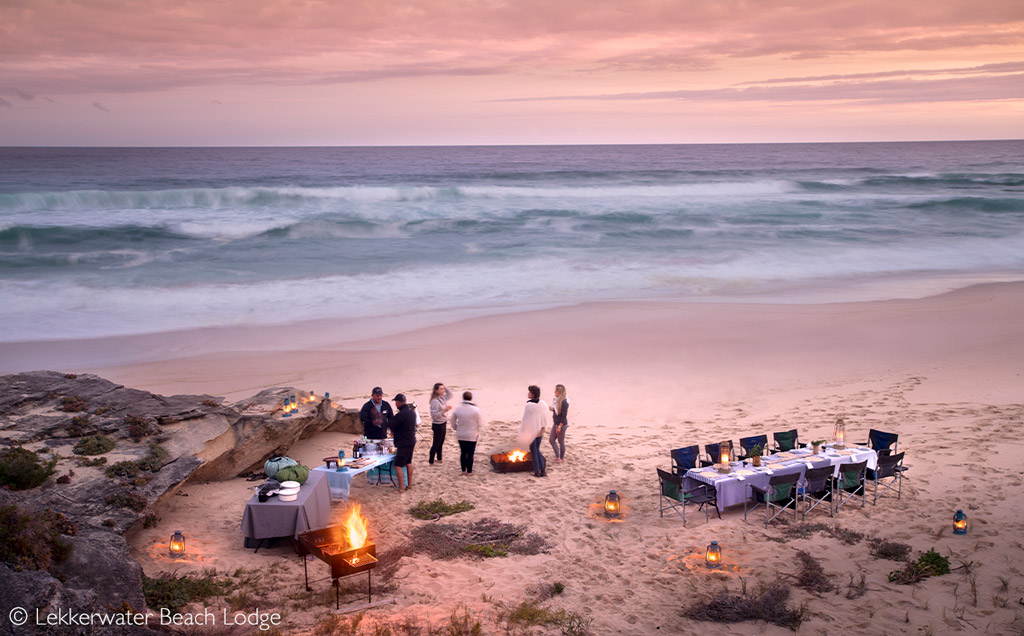
This is a copy of our weekly email newsletter. Subscribe here to receive the newsletter.
Use it or lose it + mongoose violence & other stories
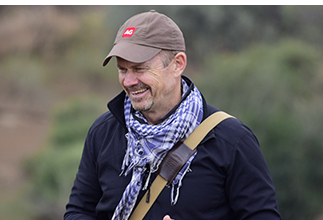
‘Use it or lose it’ they chant from the sidelines – axes, guns and bulldozers at hand…
There is huge expectation in Africa that the remaining wild areas provide a variety of benefits for expanding local and regional human populations, IN ADDITION to high-level ecosystem services such as clean air, filtered water and sociocultural heritage.
Indeed many agitators draw hard lines in the sand, suggesting that these wild areas should be turned into something more immediately useful – such as timber, meat and farmland. That local communities need to benefit financially and culturally is non-negotiable, clear and obvious BUT how far can we push ecosystems to deliver to increasing demands and expectations?
Those of us in the wildlife industries are focussed on SUSTAINABLY utilising these precious remaining wild areas, and juggling many balls to ensure that local communities, wildlife and ecosystems benefit for the foreseeable future.
The photo safari industry has its challenges – including high capital setup costs, concession fees and staff overheads and a lengthy cashflow breakeven phase. And seasonality means months of no/low occupancies and losses. Also, the photo safari industry enjoys lower margins (and political support) than competing extractive industries such as mining, trophy hunting and hardwood extraction.
And yet teamAG would not consider any other vocation! This is our calling and our passion :-). Thanks for your safari bookings, donations to 3rd party campaigns and engagement with our stories – you fuel us to do what we do!
Keep the passion

Simon Espley – CEO, Africa Geographic
From our Editor – Taryn van Jaarsveld
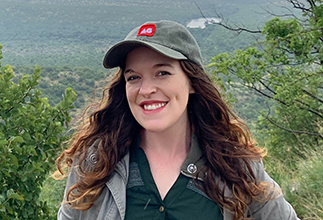
Did you wake up and choose violence today? If you’re a female banded mongoose, the answer is probably yes. Banded mongooses – extremely social animals living in groups – are known for successful cooperative living. They forage, sleep, and defend and raise their offspring together.
But a study from a few years ago found that female banded mongooses will lead their rabbles into deliberate conflict with rival groups to increase their chances of mating with unrelated individuals. The females do this when they are in estrus – and the males of their group are grossly preoccupied with protecting their females. They use this state of distraction to incite violence with competitors and, during the chaos and confusion, mate with males from the newcomers. The sense of community is strong, but harmony – not so much…
Are you starting to plan your next December holiday? We have all the tips you need below. Plus, hamerkop’s nests are the largest bird nests (created by individual birds) in the world – but they aren’t the only ones using them! Read our second story for more.

Story 1
https://africageographic.com/travel/december-safari-beaches-and-lush-bushveld
DECEMBER SAFARI
December is the month to seek out lush green landscapes, festive-season Cape Town & white sand beaches. Here’s all the tips you’ll need for your December safari
Story 2
https://africageographic.com/stories/whos-been-sleeping-in-my-bed-hamerkop/
HAMERKOP NESTS
Hamerkops create the largest nests of any individual bird in the world. But other bird species use these nests for breeding
 TRAVEL DESK UPDATES:
TRAVEL DESK UPDATES:
Start planning your 2024 African experience now. How about a cultural extravaganza to Ethiopia or whale watching from a stylish beach lodge in South Africa? Reach out to our travel team today!
Ethiopia – Cradle of Humankind – 8 days/7 nights – from US$2,360pps
This historic tour takes you on a journey to discover churches hewn from rock, World Heritage Sites, castles, ancient tombs, art, and archaeological artefacts, in the cradle of humankind. You’ll enjoy historical city sites, boat trips to see monasteries, Ethiopian cuisine and traditional entertainment.
Special offer: Morukuru Beach Lodge, South Africa
Longing for beachside bliss? Take advantage of this special offer at Morukuru Beach Lodge in De Hoop Nature Reserve – in the heart of South Africa’s whale-watching region. Book your stay during whale season and take advantage of this stay 3, pay 2 special from 1 July – 12 September 2024
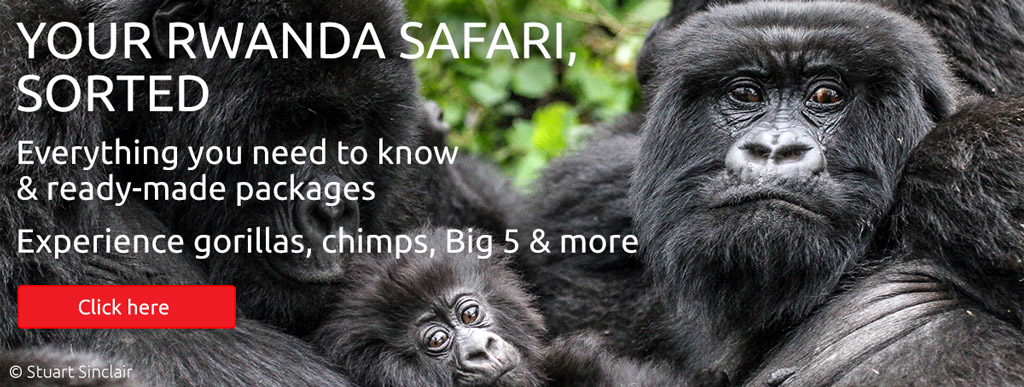
Safari report back – Chitake Springs
Brenda Hobday travelled with AG to Chitake Springs in Mana Pools NP, Zimbabwe, for a photographic safari. Here’s her 5-star review about her time on safari!
“Africa Geographic arranged the most amazing photographic trip to Chitake Springs. Most memorable was the buffalo stampeding into the springs: experiencing the build up as we realised we were between the buffalo and the springs, wondering which shute they might choose, and then witnessing the charge down to the springs. This was closely followed by the back-lit baboons and the Lilian’s lovebirds drinking (and finding out later that the lions were watching us as we crawled the river bed while trying to capture water-level photos…). Definitely one for the top of the bucket list!”
Want to go to Chitake Springs? Book your safari with us here
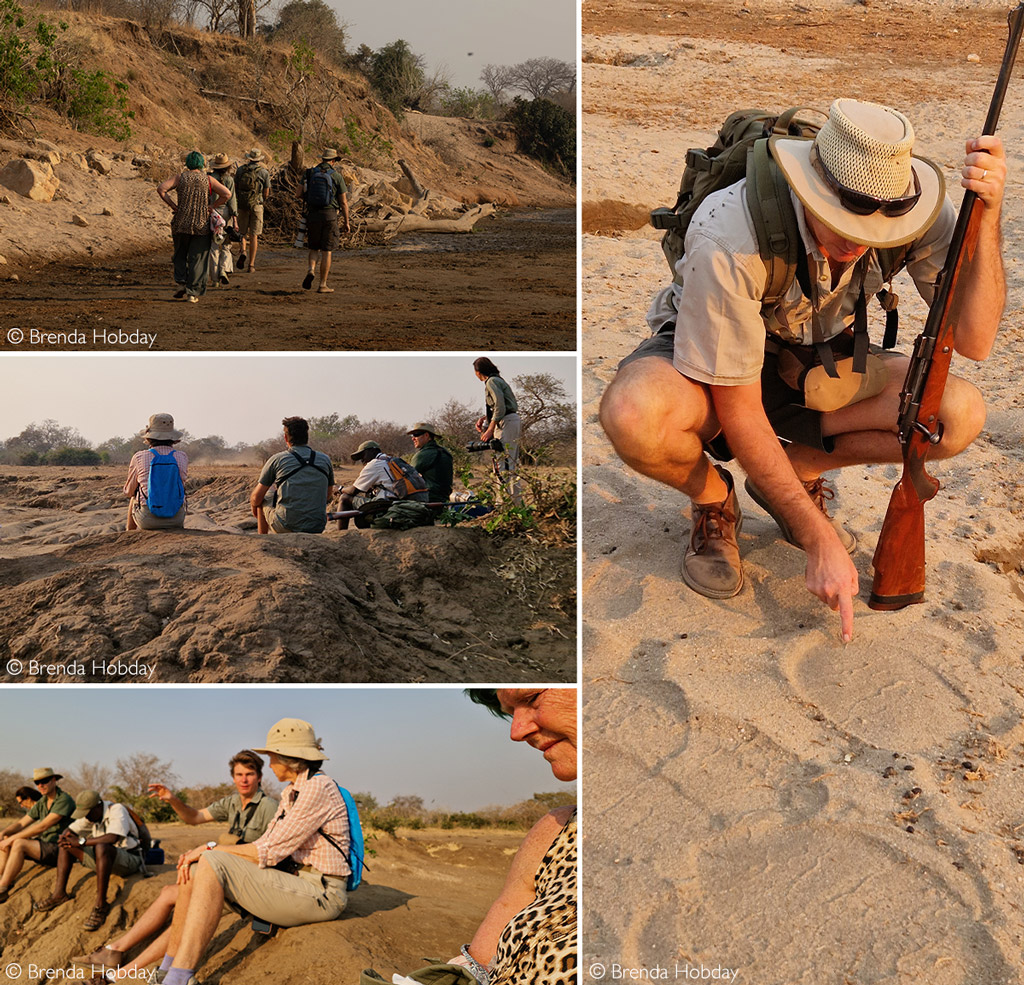
 WATCH: A ban on poaching has positively impacted the wildlife of Zakouma National Park, Chad. No elephants in the park have been poached since 2016. Actress and environmental activist Shailene Woodley travels to Zakouma to learn how rangers from African Parks work with locals to protect the land and help it thrive (2:49). Click here to watch
WATCH: A ban on poaching has positively impacted the wildlife of Zakouma National Park, Chad. No elephants in the park have been poached since 2016. Actress and environmental activist Shailene Woodley travels to Zakouma to learn how rangers from African Parks work with locals to protect the land and help it thrive (2:49). Click here to watch
For more videos celebrating Africa, check out our videos here
To comment on this story: Login (or sign up) to our app here - it's a troll-free safe place 🙂.![]()






